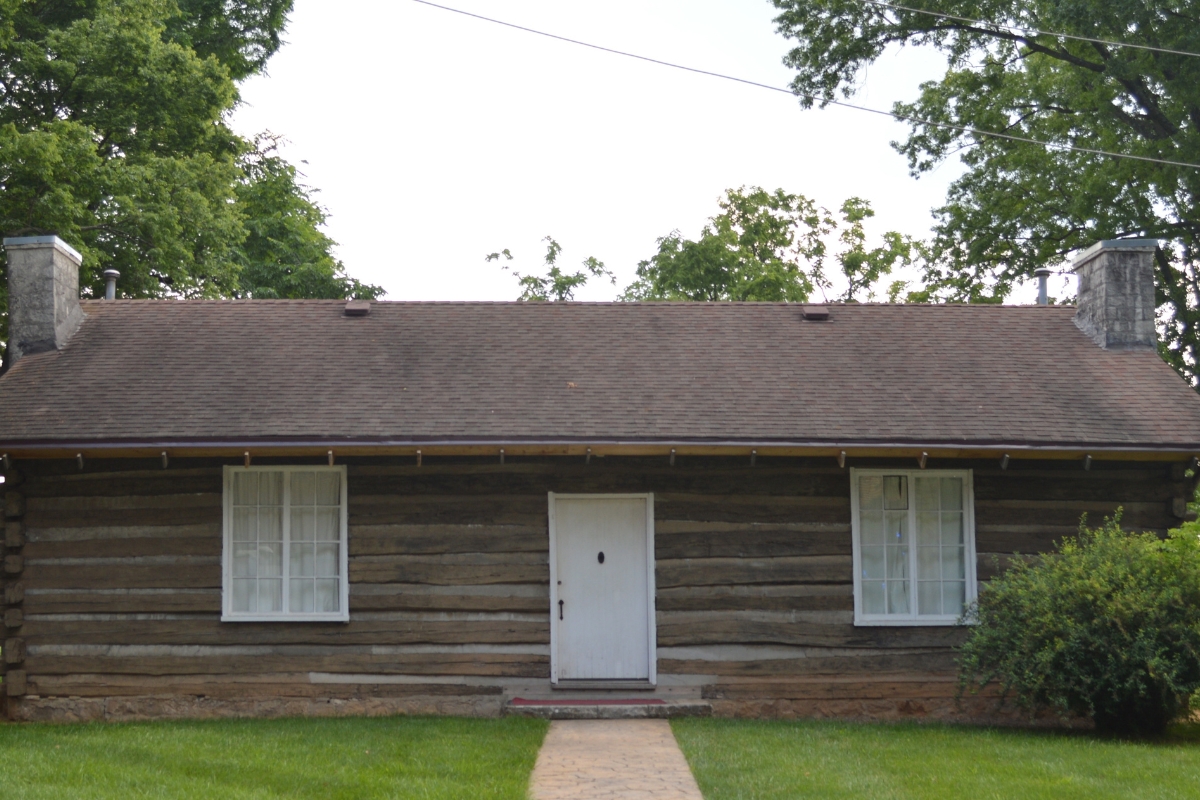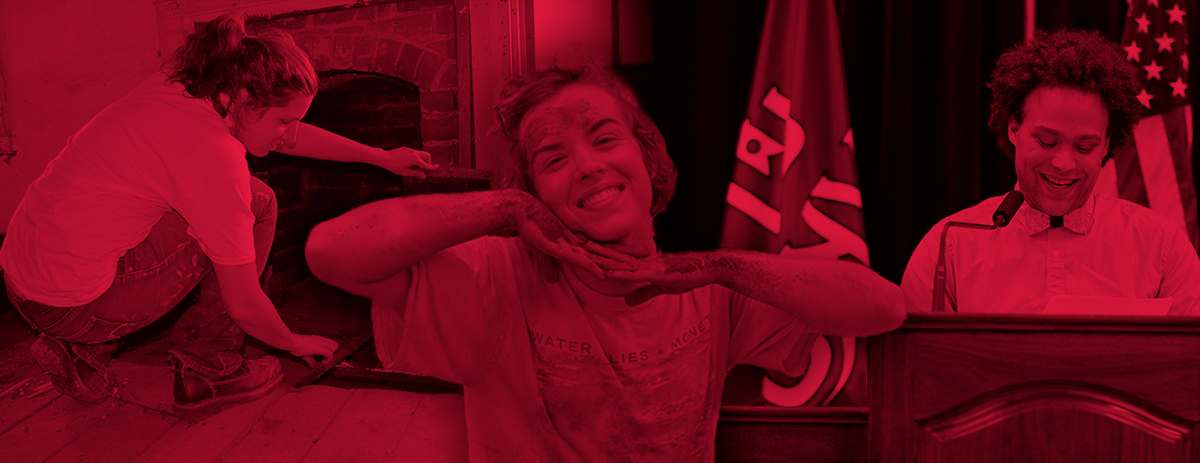
Department of Society, Culture, Crime, & Justice Studies
Department of Society, Culture, Crime, & Justice Studies
Welcome to the Department of Society, Culture, Crime, & Justice Studies. Here, related social science disciplines unite to foster a deeper appreciation of
complex issues affecting individuals, communities, and societies. Our department is
dedicated to nurturing student success through dynamic degree programs, hands-on learning,
and extracurricular activities. The discoveries and insights of our academic disciplines
provide understanding of and solutions to the social, cultural, and biological causes
and consequences of human behavior in the past and present. Explore our programs,
engage with our applied research units, and contribute to our mission of being world
changers!
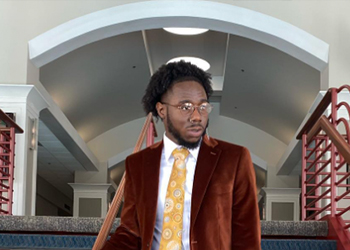
With a degree in Sociology, students have a foundation for understanding and working in a globalizing world.
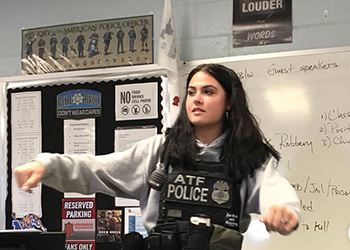
As Kentucky's only Bachelor of Arts in Criminology, our program explores the theoretical principles to guide practical solutions to crime.
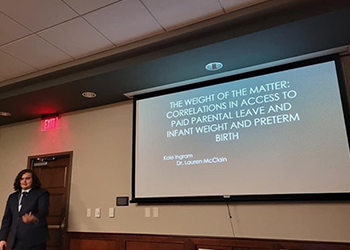
This undergraduate certificate focuses on the contemporary social issues and prepares students to be effective citizens and civic agents of change for the common good.
This program offers students a cohesive program of study that enriches their knowledge of human culture and biology, develops their cross-cultural perspectives, and prepares them for a variety of careers.
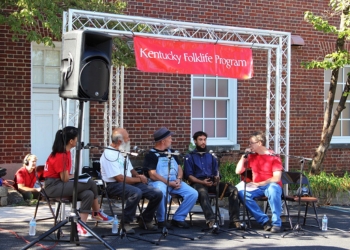
This minor stresses the examination of traditional expressive culture as a key to understanding human experience.
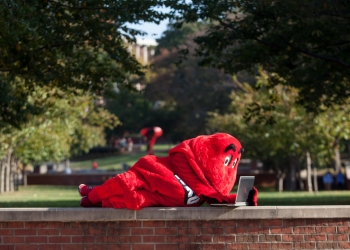
View all of the courses our department offers.
Coming Soon
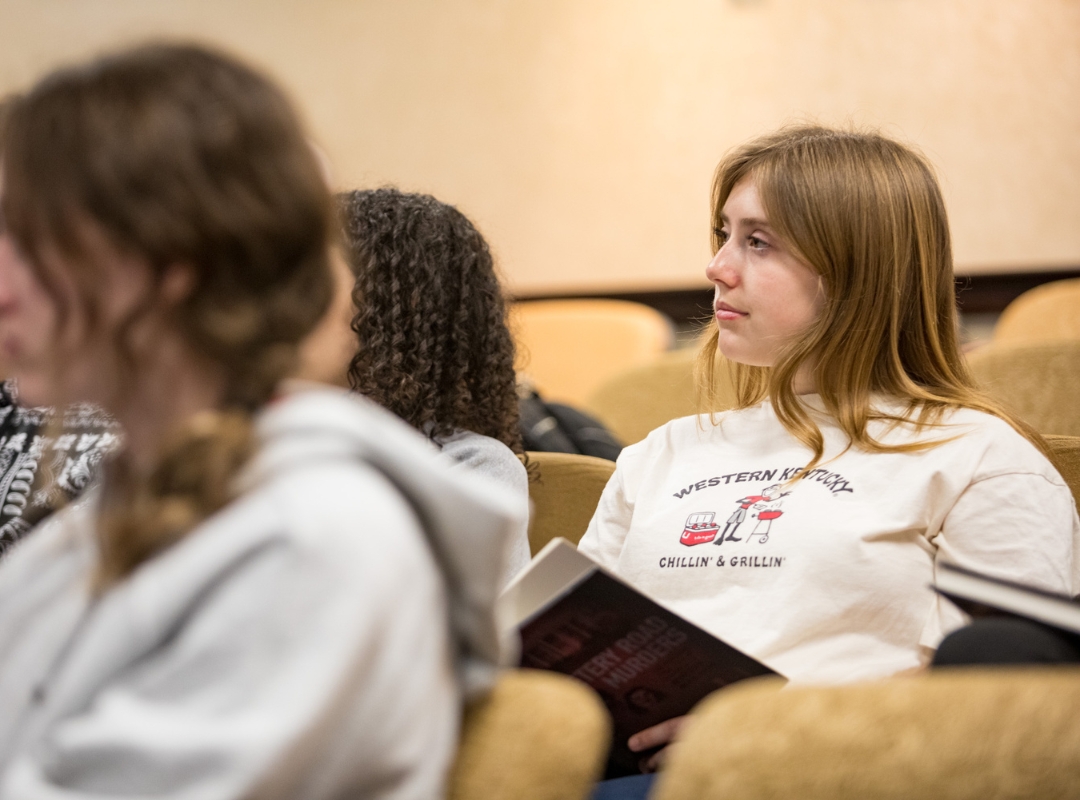
Living Learning Communities
In a WKU Living Learning Community (LLC), students with similar academic or social interests live together on a residence hall floor and participate in activities tailored to their specific majors or interests.
Criminology offers a Living Learning Community in the First Year Village's in Meredith Hall.
Some of the links on this page may require additional software to view.


